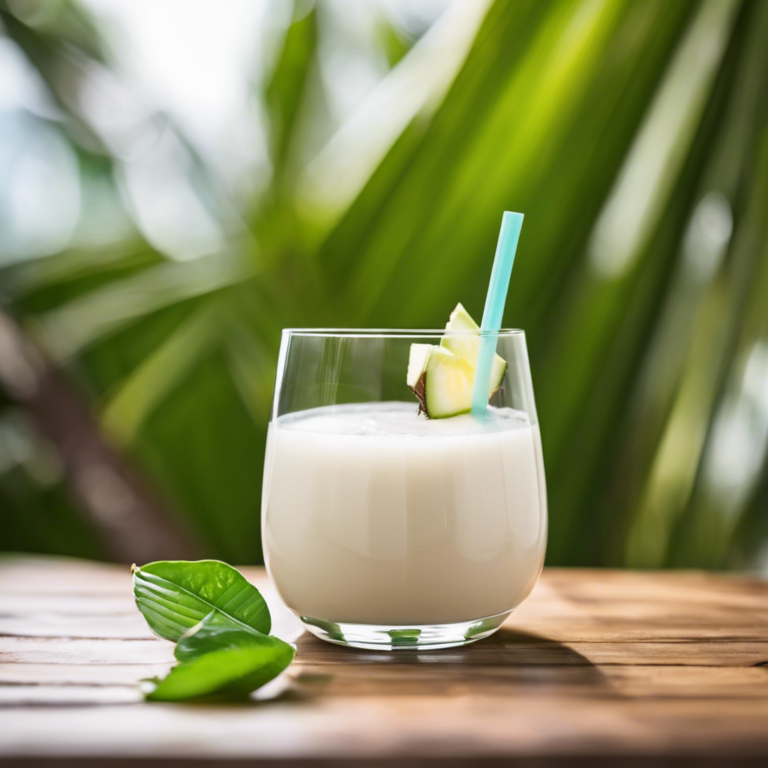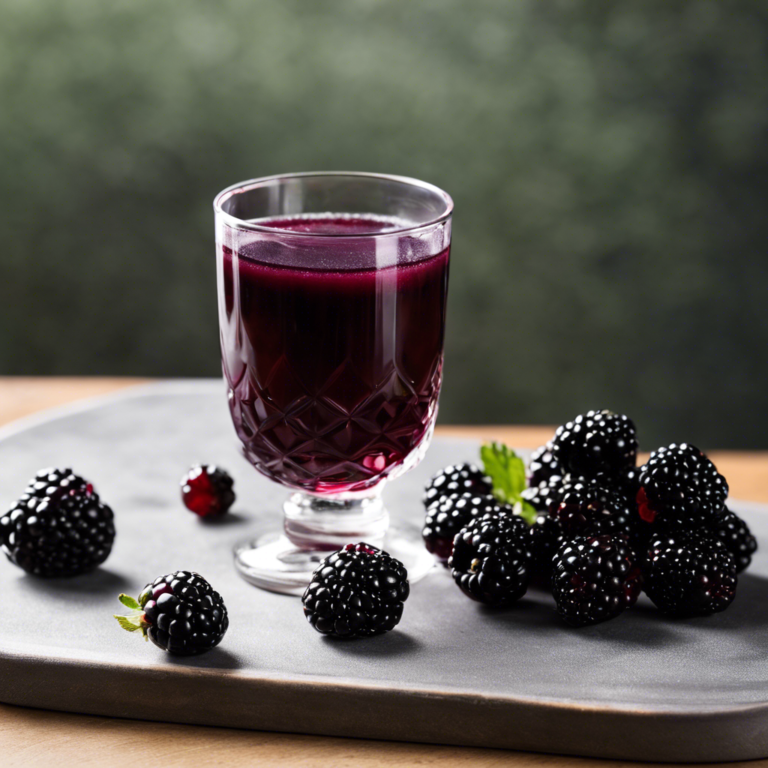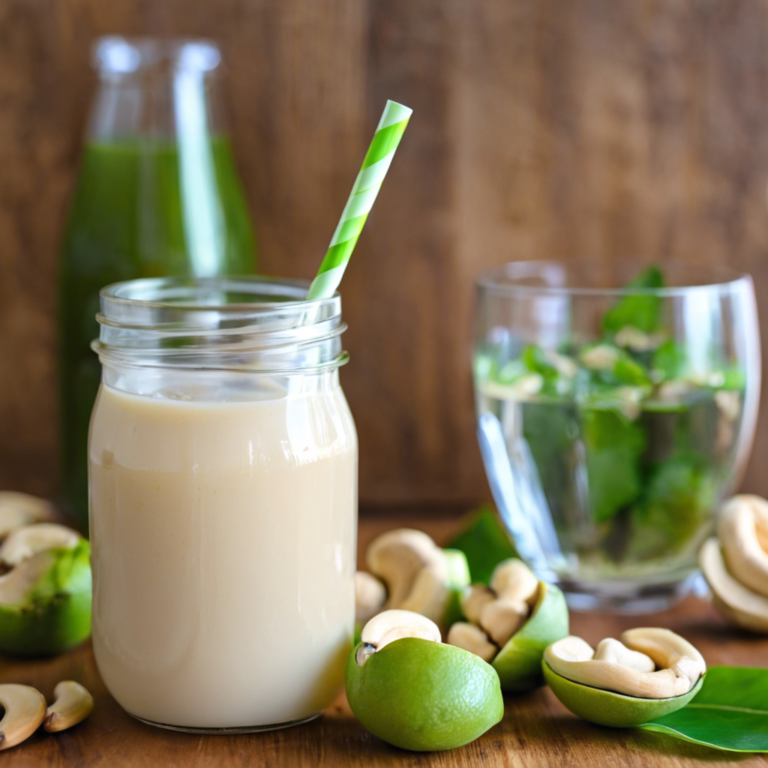3 Simple Steps to Make Olive Juice at Home
Introduction
Olive juice is a secret ingredient that adds a tangy, briny kick to cocktails and culinary dishes. My love for olive juice began with its use in dirty martinis, but soon I realized its potential in enhancing salad dressings and marinades. This homemade version ensures a purer taste without added preservatives, making it healthier and more flavorful than store-bought options.
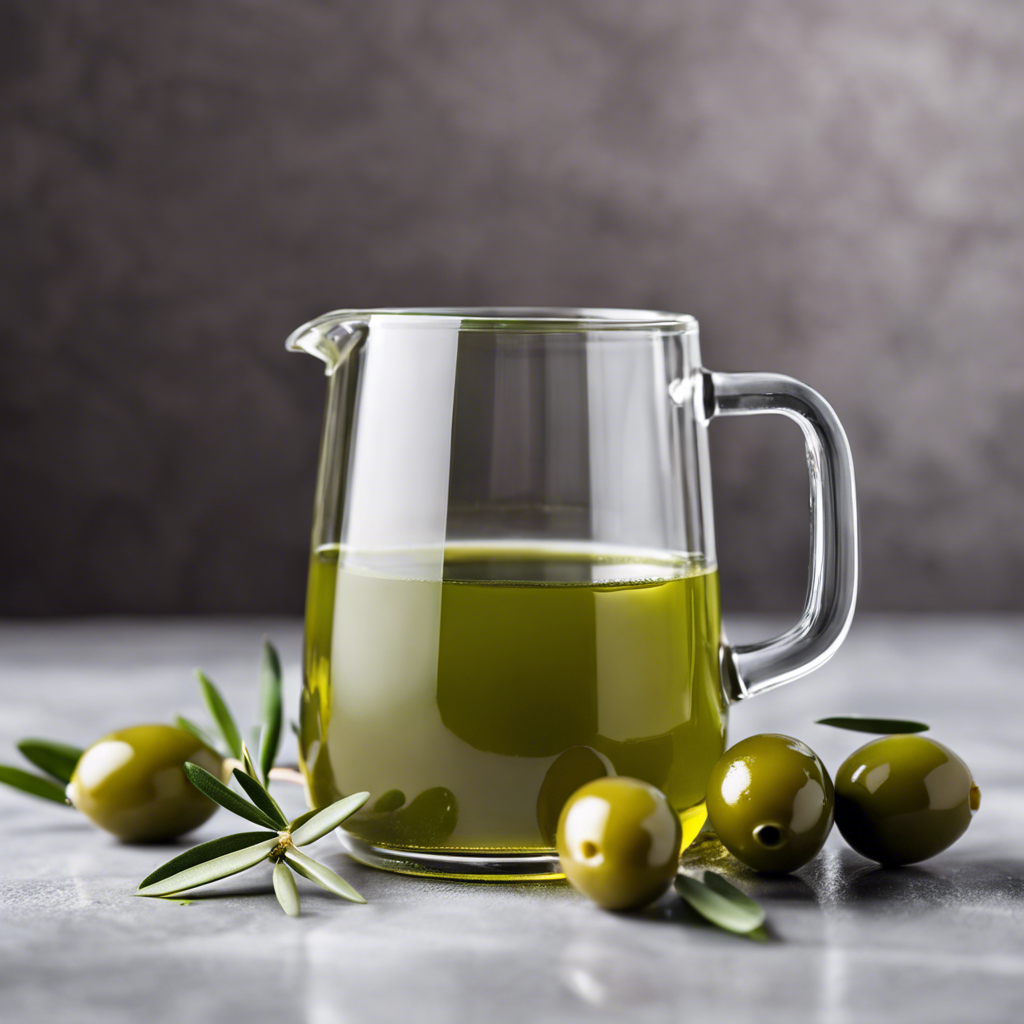
Recipe Details
Ingredients List
- Green Olives – 1 cup (pitted, preferably brined in saltwater)
- Olive Brine – ½ cup (from the olive jar or homemade brine)
- Filtered Water – 1 cup
- Sea Salt – ½ teaspoon (optional, for taste adjustment)
Substitutions: You can use black olives for a milder flavor or add a pinch of garlic powder for an extra kick.
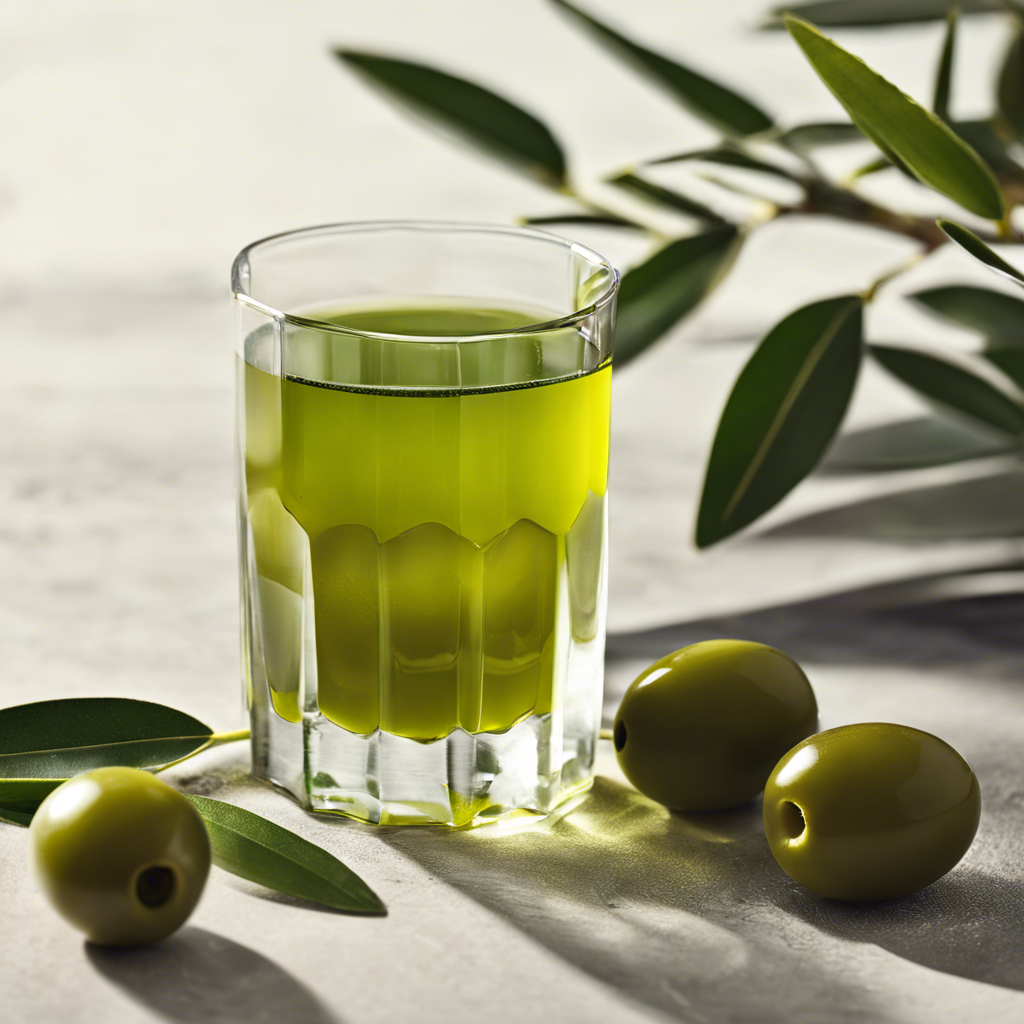
Step-by-Step Instructions
- Prepare the Olives: Drain the olives, reserving the brine if using pre-packaged ones. Rinse lightly if they are too salty.
- Blend Ingredients: In a blender, combine olives, brine, water, and sea salt (if needed). Blend until smooth.
- Strain and Store: Strain the mixture through a fine sieve or cheesecloth into a clean jar. Discard the pulp, seal the jar tightly, and refrigerate for up to two weeks.
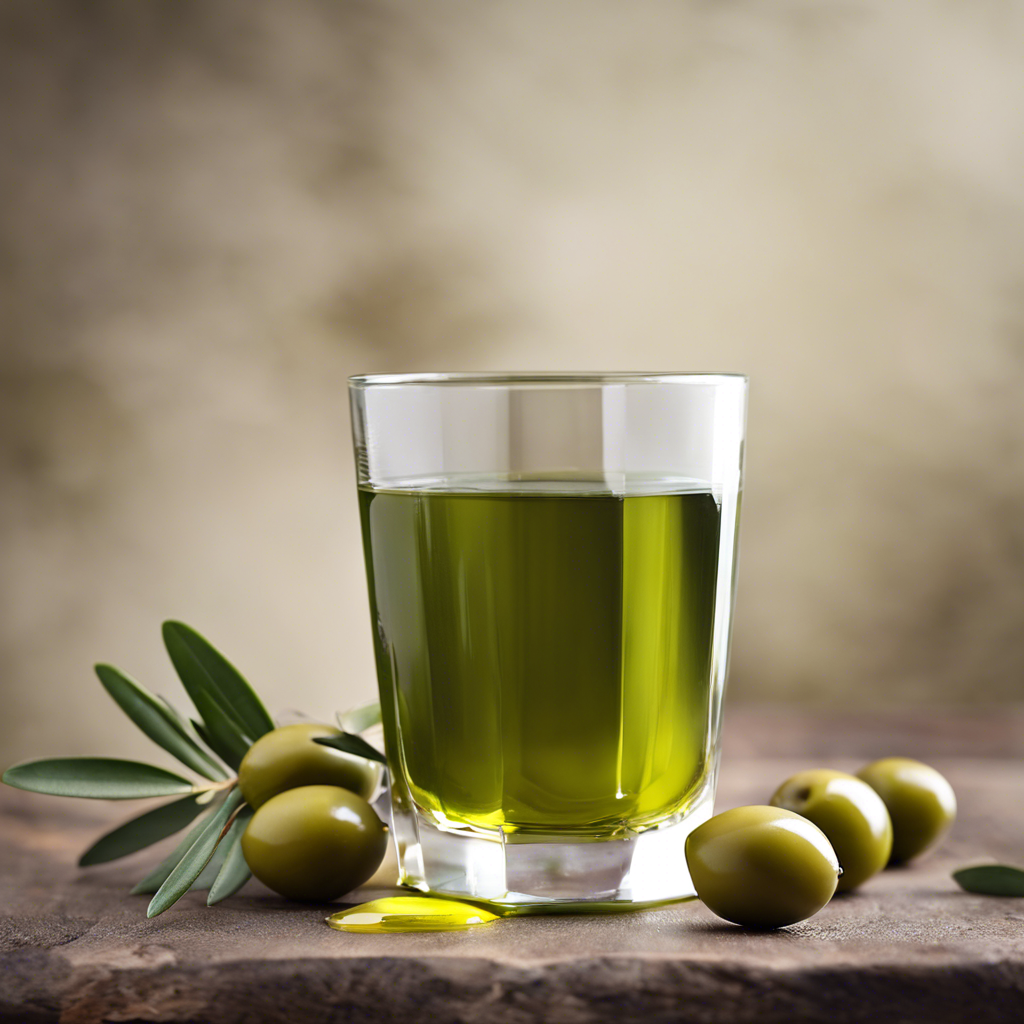
Unique Tips, Variations, and Insights
- Customization Tips: For a spicier olive juice, add a small piece of chili or a dash of black pepper during blending.
- Expert Advice: Always taste-test the mixture before straining, adjusting salt levels or adding a splash of vinegar for extra tanginess.
- Cultural Context: Olive juice is widely used in Mediterranean cuisine, from enhancing hummus to adding complexity to vinaigrettes.
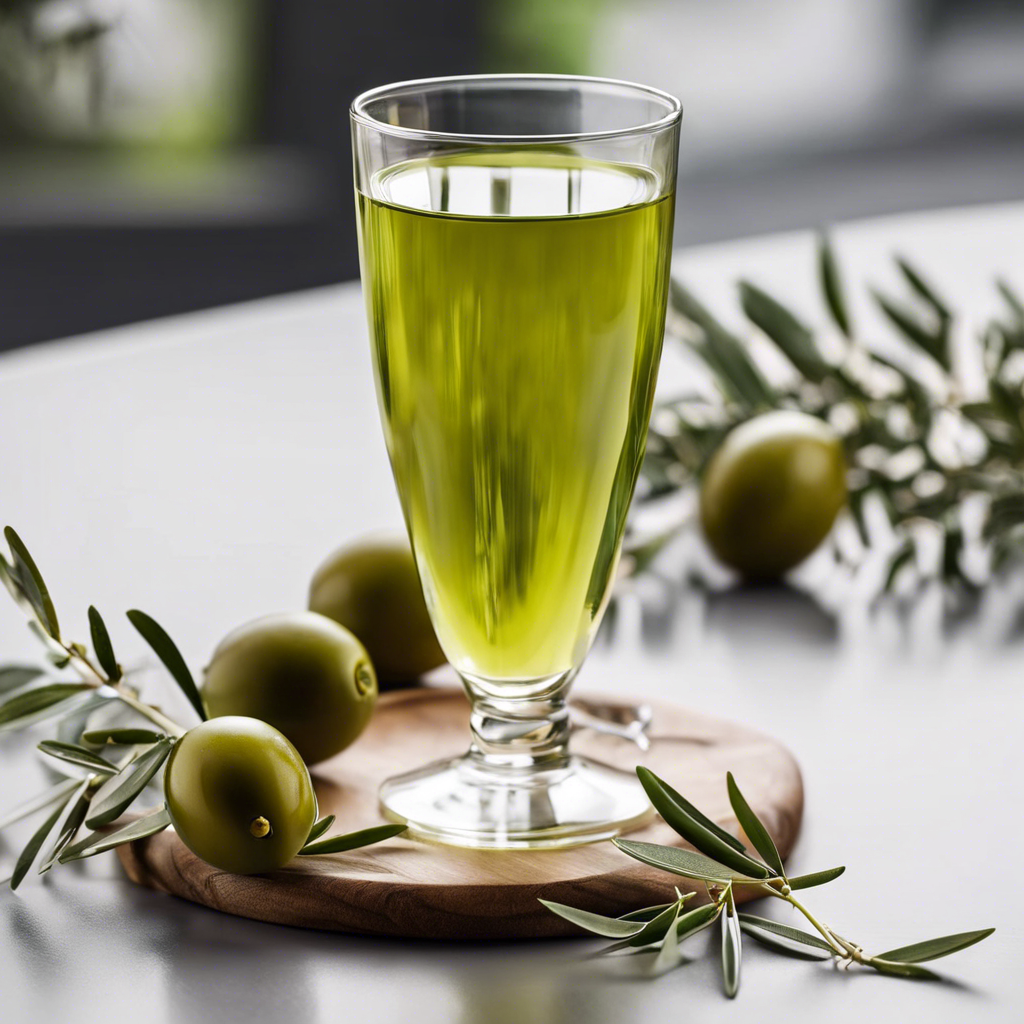
Nutrition Facts
(Per 2 tablespoons)
- Calories: 5
- Fat: 0 g
- Carbohydrates: 1 g
- Sodium: 200 mg (may vary based on olives used)
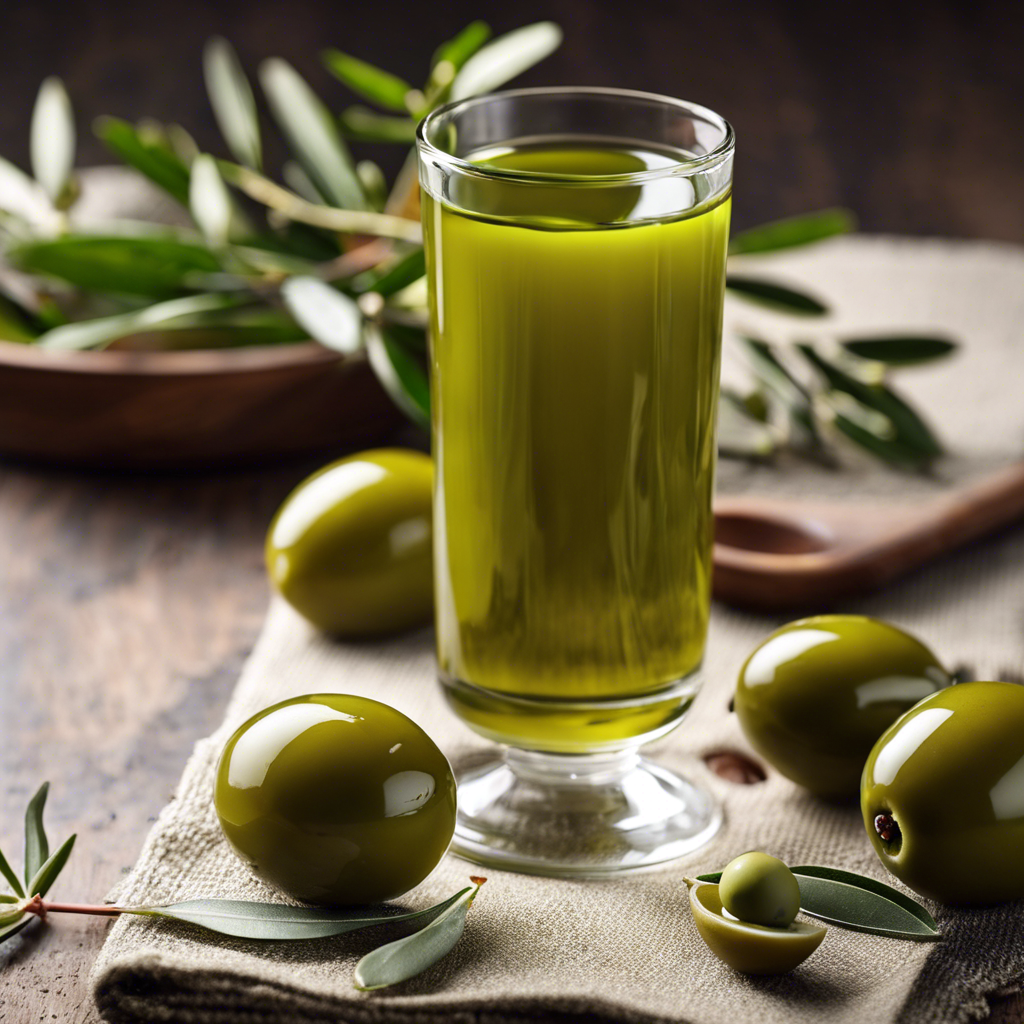
FAQ Section
- Can I use stuffed olives?
Yes, but ensure the stuffing complements the flavor of the juice. Avoid overly spicy or cheese-filled varieties. - How long does homemade olive juice last?
Store in the refrigerator for up to two weeks in an airtight container. - What’s the difference between olive brine and olive juice?
Olive brine refers to the liquid olives are packed in, while olive juice is a blended and strained mix of olives and liquid, often more concentrated. - Can I use this in cooking?
Absolutely! Olive juice enhances sauces, marinades, and even pasta dishes with its savory, tangy flavor.
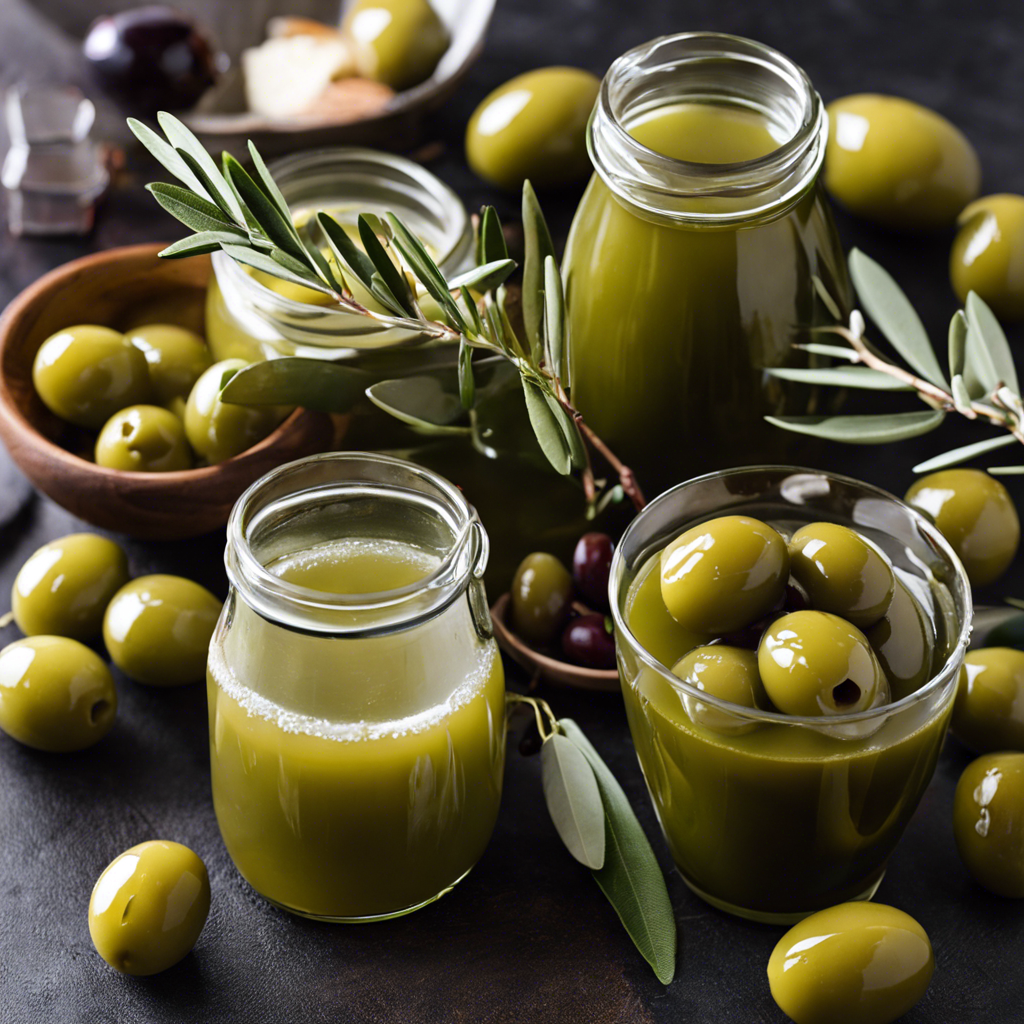
Conclusion
Homemade olive juice is a versatile addition to your kitchen arsenal, perfect for cocktails, cooking, and more. With just a few ingredients, you can elevate your dishes and enjoy the rich, savory essence of olives in a natural, preservative-free form. Try this recipe and share your creative uses for olive juice in the comments below!

